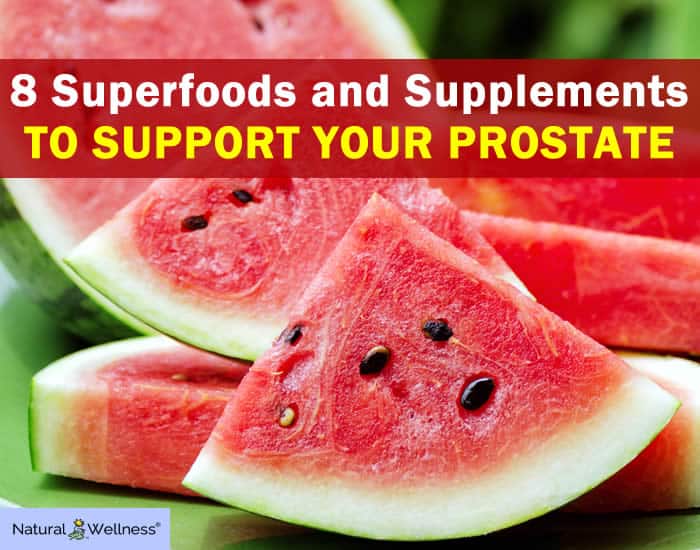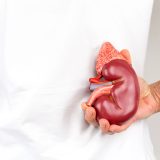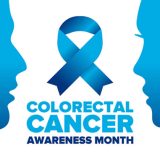

Prostate cancer is the second leading cause of death among American men over age 65. One in seven men will be diagnosed with prostate cancer, resulting in over 220,800 new cases diagnosed per year. Prostate cancer has been linked to high-fat, high-sugar diets – a diet common in the U.S., unfortunately.
The good news is that a healthy diet, high in fiber and nutrients and low in sugar and saturated fats, can help to support prostate health and reduce the risk of this insidious disease.
5 Superfoods and Supplements to Support Prostate Health
- A diet high in cruciferous vegetables has been linked to lower levels of prostate cancer. Cruciferous vegetables (such as kale, arugula, broccoli and watercress) are an excellent source of fiber and contain high levels of carotenoids (beta-carotene, lutein, zeaxanthin), vitamins C, E and K, and folate. These compounds help protect cells from DNA damage, fight carcinogens, have antiviral and antibacterial effects, show anti-inflammatory effects and inhibit tumor blood vessel formation (angiogenesis) and tumor cell migration.
- Green tea has been shown to block the effects of the male sex hormone androgen on prostate tumor cells, slowing the spread of cancer. Green tea contains compounds that block formation of cancer cells, including those in prostate cancer. In studies, green tea has been shown to reduce the risk of prostate cancer and slow the disease in those who already have it.
- Lycopene and other antioxidants have been shown to reduce the growth of cancer cells in general, and prostate cancer cells specifically. Vitamins A and C act to sooth the tissue, reducing inflammation. Fruits and vegetables contain high levels of vitamins A and C, and antioxidants such as lycopene (found in fruits and vegetables like tomatoes, apricots, guavas, and watermelons).
- Omega-3 fatty acids have been a hot topic in the prostate health discussion. While a 2013 study claimed that omega-3 fatty acids were linked to a higher risk of prostate cancer, it could not determine if the source of the omega-3 fatty acids came from food sources or supplements – and studies since have shown the opposite to be true. Later studies have found that omega-3 fatty acids bind with prostate cancer cell receptors called free fatty acid receptor 4 (FFA4), signaling a reduction in cancer cell production.
- Vitamin D has been shown to reduce inflammation and improve immunity. Vitamin D has also been shown to prevent prostate cancer cells from sticking to endothelium, the thin layer of cells that lines the inside of blood and lymph vessels. It is made by the body when exposed to sunlight, but many have low levels of it as a result of reduced sunlight in the winter.
Another Way to Naturally Support Prostate Health
Super Omega-3 Fish Oil helps you maintain the optimal levels of omega-3 fatty acids. It contains 600 mg EPA and 400 mg DHA, and is PCB, dioxin and mercury free. Super Omega-3 Fish Oil promotes anti-inflammatory action and aids in reducing cholesterol.
A healthy diet rich in the nutrients necessary for prostate health can reduce the risk of cancer and reduce the growth of existing cancer cells. While it is not always easy to eat a well-balanced diet, the right supplements can ensure you are getting everything you need for a healthy prostate.




